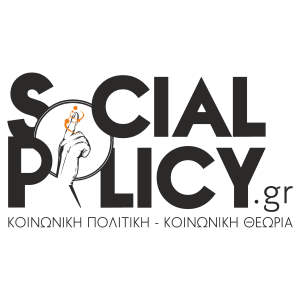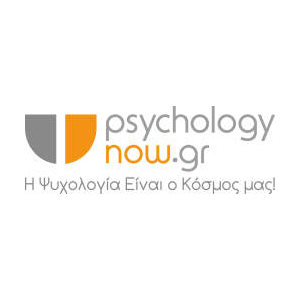Βραβείο 2021

Βραβείο 2022

Στρατηγικός συνεργάτης

Υποστηρικτές Επικοινωνίας


Open access article: ( https://pubmed.ncbi.nlm.nih.gov/34514874/ )
Abstract
Diagnostic criteria for autism are relatively vague, and may lead to over and underdiagnosis when applied without clinical expertise. Indeed, autism is best reliably identified by experienced clinicians who take into account qualitative aspects of the condition. When assessing for autism in women, little guidance exists to support clinicians deciding whether to attribute adaptive difficulties to autism, a psychiatric condition, or both. The purpose of this study was therefore to propose guidelines for clinicians assessing for autism in women. To do this, we aimed to describe the clinical expertise involved in making positive and differential diagnoses of autism in adult women of typical intelligence. We interviewed 20 experienced clinicians from seven countries. We then elaborated Delphi statements summarizing participant views on the topic, which our participants rated. We obtained a final list of 37 suggested clinical guidelines to improve specificity and sensitivity of autism diagnosis in women. Participants had developed individual assessment strategies, although much overlap existed across participants. Participants provided insight to differentiate autism from post-traumatic stress disorder and Borderline Personality Disorder, and underlined the importance of being able to make differential diagnoses particularly in cases where non-autistic people had strongly self-identified with the spectrum.
Lay abstract
The diagnostic criteria for autism are relatively vague and can lead to both under- and over-diagnosis if applied as a checklist. The highest level of agreement that a person is autistic occurs when experienced clinicians are able to make use of their clinical judgment. However, it is not always clear what this judgment consists of. Given that particular issues exist when assessing for autism in adult women, we wanted to explore how expert clinicians address difficult diagnostic situations in this population. We interviewed 20 experienced psychologists and psychiatrists from seven countries and discussed how they conducted autism assessments in adult women. We then came up with a list of 35 statements that described participant views. Our participants completed an online survey where they rated their agreement with these statements and provided feedback on how the statements were worded and organized. We obtained a final list of 37 suggested clinical guidelines. Participants agreed that diagnostic tools and questionnaires had to be coupled with judgment and expertise. Participants felt that trauma and Borderline Personality Disorder could be difficult to differentiate from autism, and agreed on some ways to address this issue. Participants agreed that self-identification to the autism spectrum was frequent, and that it was important to provide alternative support when they did not ultimately diagnose autism.
Citation: Cumin J., Pelaez S., Mottron L., (2022). Positive and differential diagnosis of autism in verbal women of typical intelligence: A Delphi study. Autism, 26(5):1153-1164. doi: 10.1177/13623613211042719.